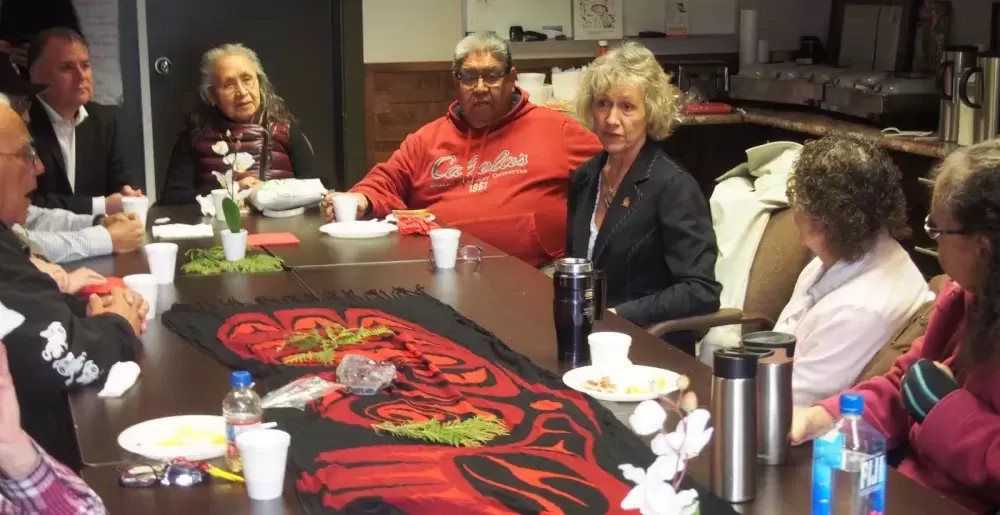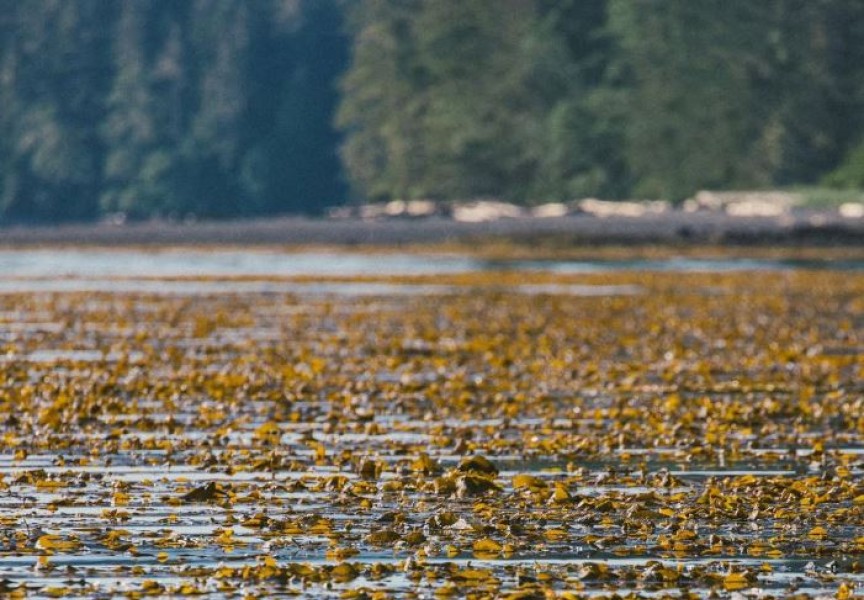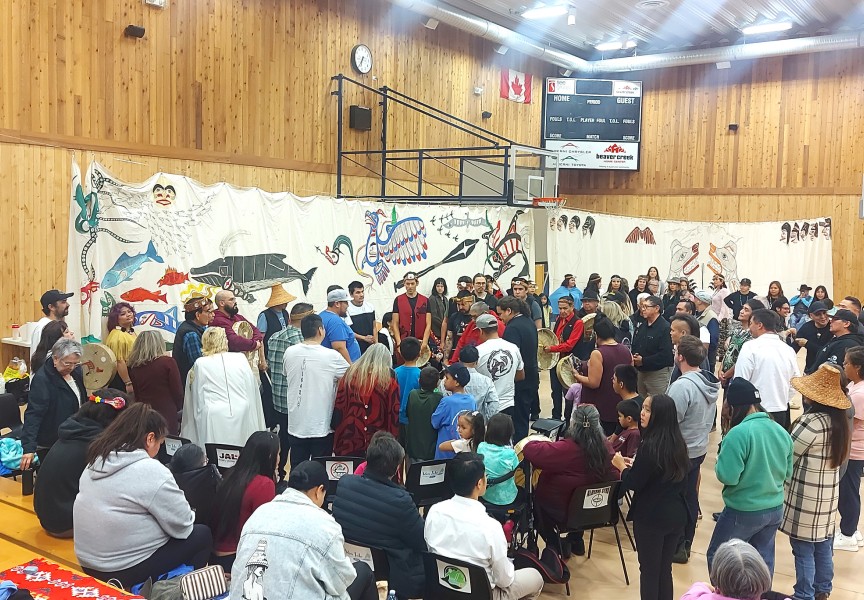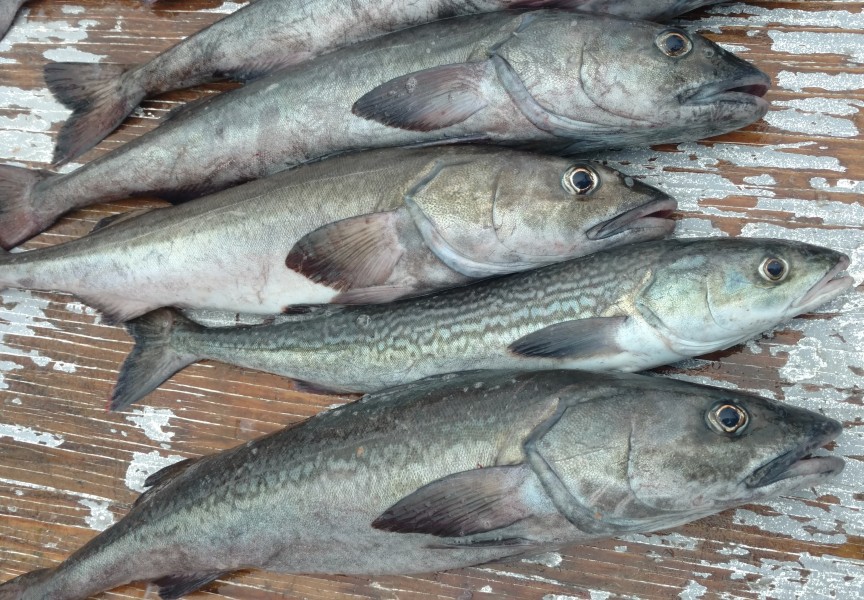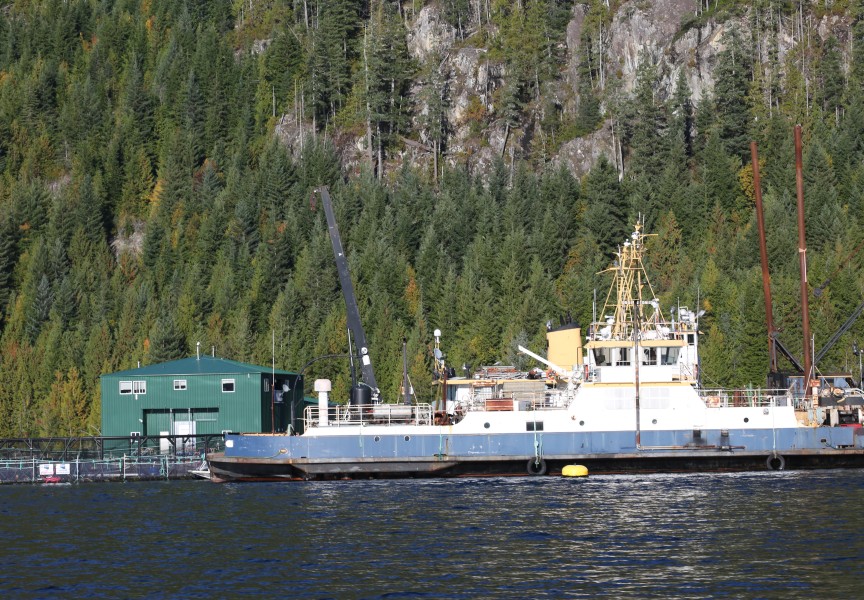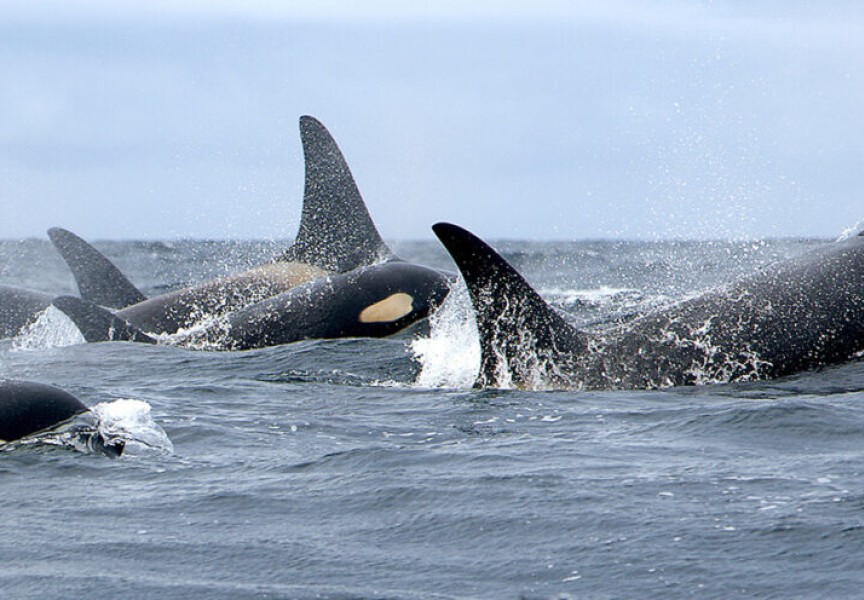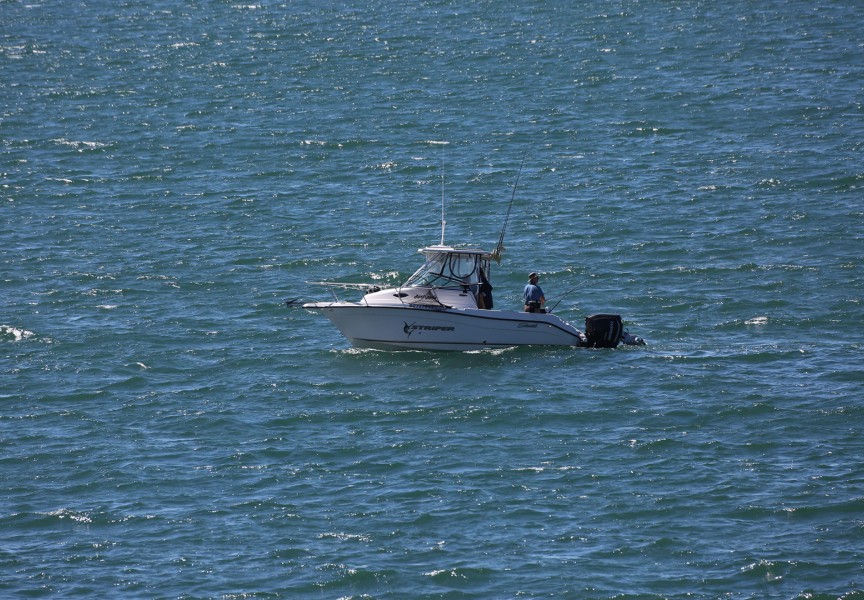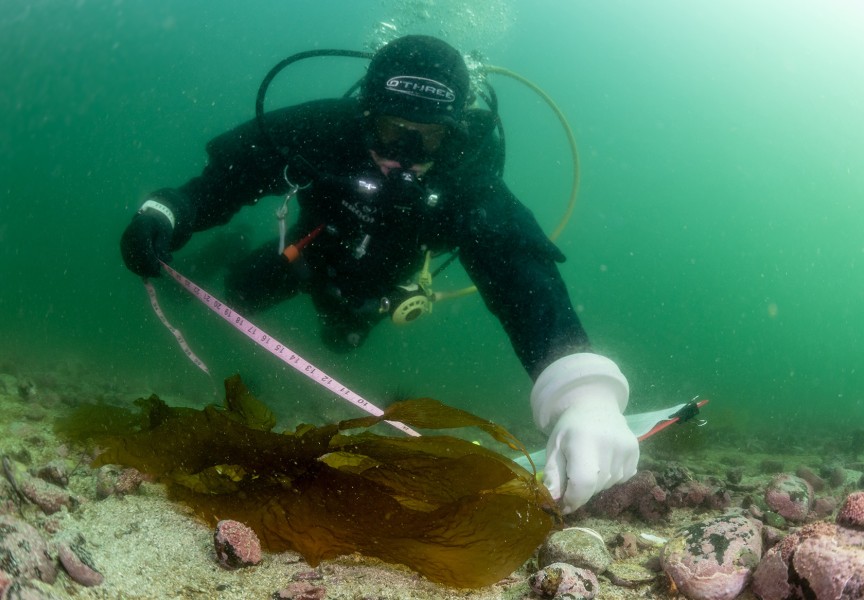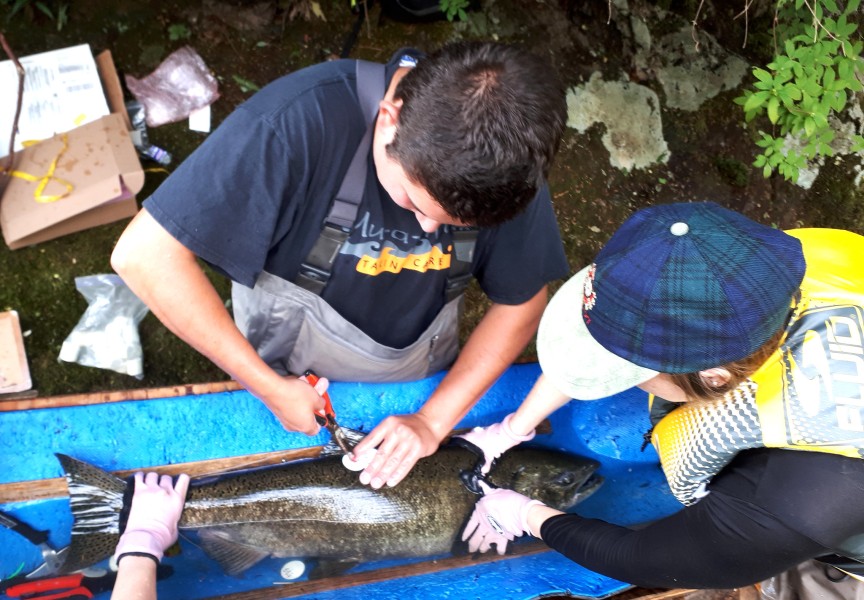Federal Fisheries Minister Joyce Murray has signalled clear intent to follow through on Ottawa’s commitment to remove open net pen salmon farms when a slew of licences expires in June.
“The objective is a strong aquaculture economy on the coast of B.C., but the protection of wild salmon is imperative,” Murray said last week while releasing What We Heard, public input on the Liberal government’s Blue Economy Strategy.
B.C.’s aquaculture sector is braced for bad news this summer while many along the coast feel removing open-pen salmon farming and transitioning to land-based fish farming is long overdue to protect struggling populations of wild salmon.
Although 19 open net pen salmon farms were closed in Broughton Archipelago in 2020 after First Nations and environmentalists demanded their removal, the salmon farming industry still holds partnership agreements with 17 First Nations on the B.C. coast, including several Nuu-chah-nulth nations - agreements tied to jobs and small coastal communities.
The industry, which has invested heavily in new technology and facilities to keep open net pen farming afloat, is campaigning in hopes of having licences renewed. Last month, the B.C. Salmon Farming Association released an analysis of the economic impact if 79 aquaculture licences are not renewed, arguing that B.C. stands to lose an additional 4,700 jobs and $1.2 billion in economic activity with a further $200 million and 900 jobs lost out of province.
While the minister’s Blue Economy announcement last week was mostly upbeat — a survey of ideas for a more sustainable marine-based economy — the uncertain future of B.C.’s marine-based salmon farming industry dominated media questions that followed.
The two concerns are closely linked in B.C. “Blue economy” is a concept that promotes economic growth, social inclusion and preservation of livelihoods while ensuring sustainability of oceans and coastal areas. The aquaculture industry maintains open net pens pose minimal risk to migrating stocks of wild salmon — a contention backed by DFO scientists in the case of Broughton — yet the tide is turning when it comes to public opinion.
“A decision will be made when and as it needs to be made,” Murray said, responding to questions from reporters. “Even should the risk be minimal, it is imperative that we address even the minimal risks.”
In the meantime, DFO is developing plans and consulting with stakeholders in preparation for aquaculture policy changes in store, she said.
“This is a responsibility I take very seriously. We are putting together a responsible plan because we want to take the human factor into consideration,” the minister added, alluding to the impact any decision will have on jobs, commerce and communities. “We want to make B.C. a beacon of responsible and sustainable salmon aquaculture development.”
One in five Canadians lives in a coastal community and ocean-based industries generate more than $30 billion a year. From February to June last year, DFO held public consultation, gathering input the department says will guide development of the Blue Economy Strategy. The strategy, according to DFO, will ensure “Canada and its industry, communities and people are positioned to succeed in the fast-growing global ocean sectors of the blue economy while advancing reconciliation, conservation and climate objectives.”
Murray said the report lays a foundation to build on marine-based sectors as an economic resource while protecting the ocean for future generations. She held out the potential of land-based aquaculture as a successor to marine-based salmon farming, though the developing technology is not without challenges.
“Canada’s oceans are a tremendous economic resource,” she said. “They have the potential to be part of climate solutions, and they can continue to be a source of sustainable economic opportunity, provided we recognize protecting its ecosystems and growing the ocean economy. I invite Canadians to read this What We Heard report, and I thank all those who contributed to it.”
BCSFA has invited Murray to visit coastal communities to gain a better understanding of the role salmon farming plays.
“Coastal communities in B.C. deserve better, especially during an ongoing pandemic that has already caused severe stress, mental health strain, and economic pressure on many families, households and communities,” said Ruth Salmon, interim executive director, BCSFA. “After years of instability and concern, these communities deserve a secure and prosperous future.”
The association said loss of more fish farms would also place strain on Indigenous relationships with the industry with as many as 60 new partnerships expected over the next 30 years.
At last week’s announcement, Murray repeatedly stressed increased involvement of Indigenous people in management and allocation of the resource: “Reconciliation with Indigenous people is a high priority and a very high priority for me as minister.”
A lengthy list of recommendations from the public contained in the Blue Ocean What We Heard report includes increased Indigenous access to licences, quota and allocations in adjacent waters.
“It’s eye-opening to me that part of Canada with considerable adjacency to the resource has so little access to it,” observed one contributor.
The engagement report can be found at https://tinyurl.com/bde52w4f.

